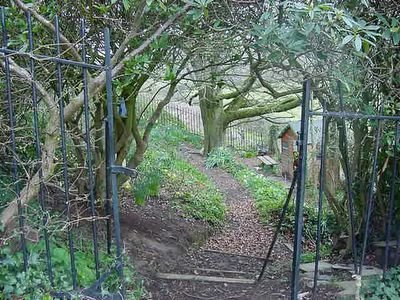
Forty Augusts--aye, and several more--ago,
When I paced the headlands loosed from dull employ,
The waves huzza'd like a multitude below
In the sway of an all-including joy
Without cloy.
Blankly I walked there a double decade after,
When thwarts had flung their toils in front of me,
And I heard the waters wagging in a long ironic laughter
At the lot of men, and all the vapoury
Things that be.
Wheeling change has set me again standing where
Once I heard the waves huzza at Lammas-tide;
But they supplicate now--like a congregation there
Who murmur the Confession--I outside,
Prayer denied?






